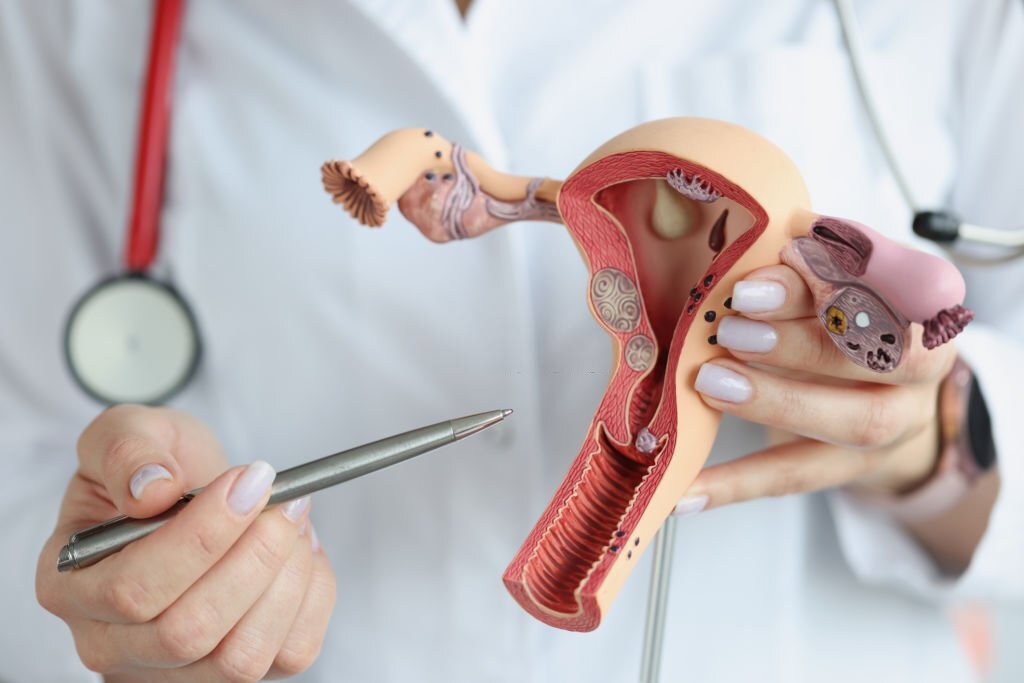Early Menopause: Symptoms and Prevention Methods

Early Menopause: Symptoms and Prevention Methods
Early menopause, also known as premature menopause, occurs when ovarian function ceases before the age of 40. While menopause is a natural part of aging, early onset can bring physical, emotional, and reproductive challenges. Understanding its symptoms, causes, and prevention strategies is essential for women seeking to manage or delay its onset.
What Is Early Menopause?
Menopause typically begins between the ages of 45 and 55. Early menopause, however, occurs significantly earlier and can result from genetic, medical, or lifestyle factors. It’s essential to identify the symptoms early to address underlying causes and implement effective management.
Common Symptoms of Early Menopause
The symptoms of early menopause are often similar to those of natural menopause but may be more pronounced due to the sudden hormonal changes. These include:
1. Irregular Periods
One of the first signs of early menopause is changes in menstrual cycles. Periods may become lighter, heavier, or infrequent.
2. Hot Flashes and Night Sweats
Sudden feelings of heat, especially in the upper body, can disrupt daily activities and sleep.
3. Mood Changes
Hormonal imbalances may lead to increased irritability, anxiety, or depression.
4. Vaginal Dryness
Decreased estrogen levels can result in vaginal dryness, leading to discomfort during intercourse.
5. Reduced Libido
A decline in estrogen can impact sexual desire and arousal.
6. Fatigue and Sleep Disturbances
Persistent tiredness and difficulty sleeping are common complaints among women experiencing early menopause.
7. Cognitive Changes
Memory issues and difficulty concentrating may also arise.
8. Physical Changes
Thinning hair, dry skin, and weight gain, particularly around the abdomen, are additional signs.
Causes of Early Menopause
Several factors can contribute to early menopause:
1. Genetics
A family history of early menopause increases the likelihood of experiencing it.
2. Autoimmune Disorders
Conditions like rheumatoid arthritis or thyroid disease can interfere with ovarian function.
3. Medical Treatments
Chemotherapy, radiation, or surgical removal of the ovaries can induce menopause prematurely.
4. Chromosomal Abnormalities
Disorders such as Turner syndrome can affect ovarian development.
5. Lifestyle Factors
Smoking, excessive alcohol consumption, and poor nutrition can contribute to early ovarian failure.
6. Unknown Factors
In some cases, the cause of early menopause remains unexplained.
Prevention and Management of Early Menopause
While not all cases of early menopause are preventable, adopting a proactive approach to health can help delay its onset or manage symptoms effectively.
1. Maintain a Balanced Diet
- Include Calcium and Vitamin D: Essential for bone health.
- Consume Phytoestrogens: Foods like soy, flaxseeds, and chickpeas can mimic estrogen.
- Limit Processed Foods: Opt for whole grains, fruits, and vegetables.
2. Exercise Regularly
Physical activity can help maintain a healthy weight, reduce stress, and improve overall well-being.
3. Avoid Smoking and Excessive Alcohol
These habits can accelerate ovarian aging and deplete estrogen levels.
4. Manage Stress
Chronic stress can disrupt hormonal balance. Techniques such as yoga, meditation, or therapy can be beneficial.
5. Hormone Replacement Therapy (HRT)
For some women, HRT can alleviate symptoms and prevent complications like osteoporosis. Consult a healthcare provider to discuss risks and benefits.
6. Monitor Reproductive Health
Regular gynecological check-ups can help detect early signs of ovarian dysfunction.
7. Supplementation
Discuss with your doctor about supplements such as omega-3 fatty acids, magnesium, or vitamin B complex to support hormonal health.
Emotional and Psychological Support
Early menopause can impact mental health, particularly for women planning to have children. Support groups, counseling, and open communication with loved ones can help navigate these challenges.
When to Seek Medical Advice
If you experience symptoms such as irregular periods, hot flashes, or mood swings before age 40, consult a healthcare provider. Early intervention can address underlying causes and offer treatment options tailored to your needs.
Early menopause may feel overwhelming, but understanding its symptoms and implementing preventive measures can make a significant difference. By prioritizing a healthy lifestyle, managing stress, and seeking medical guidance, women can navigate this phase with greater ease and confidence.










